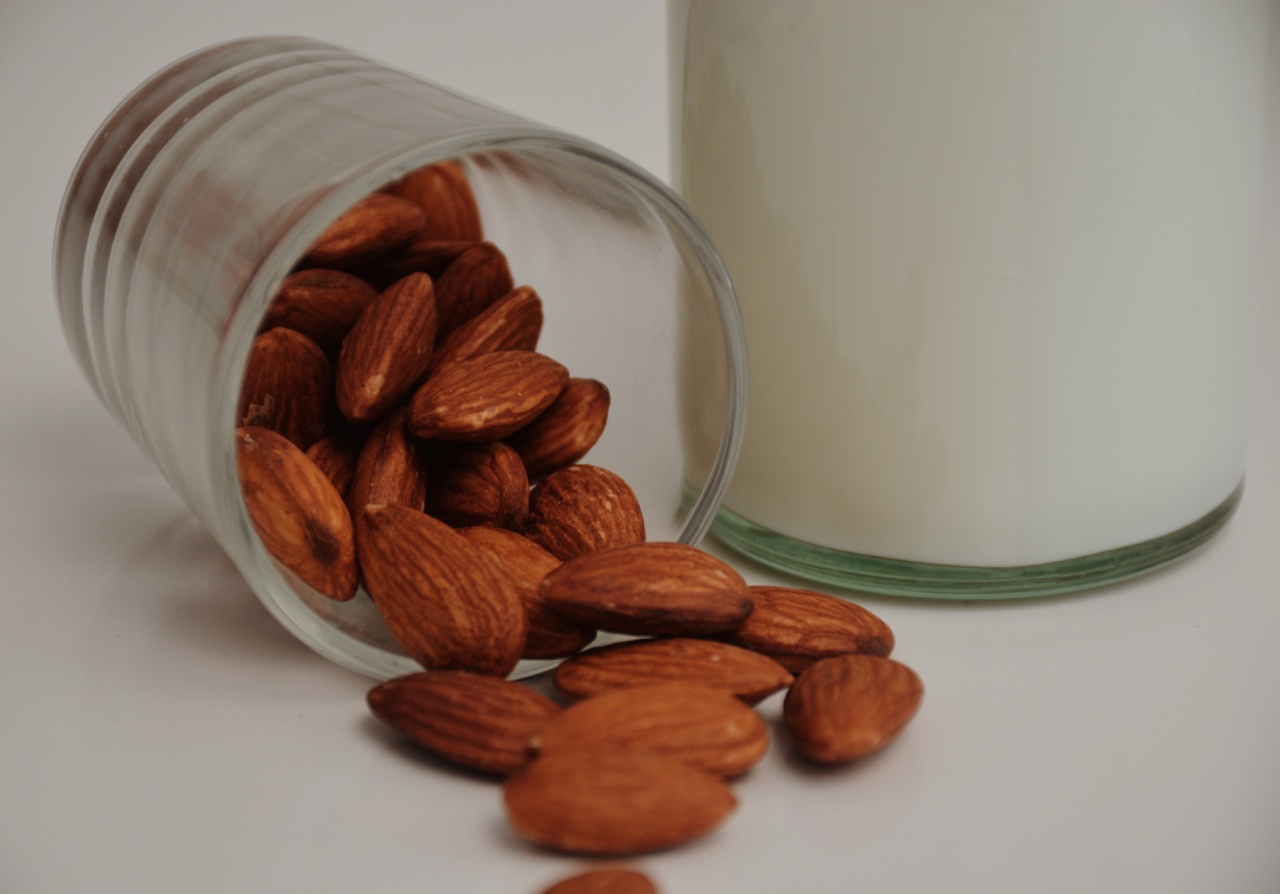In recent years, plant-based milk alternatives have been gaining popularity and taking the dairy industry by storm. Almond milk has been at the forefront of this trend, becoming a go-to option for individuals looking for a dairy-free milk alternative.
However, there’s a new contender in town – oat milk. This article will explore the rise of oat milk and whether it has the potential to dethrone almond milk as the crowd favorite.
What is Oat Milk?
Oat milk is a plant-based milk alternative that is made by soaking and blending oats with water. Similar to almond milk, it is strained to remove any solid particles, resulting in a smooth and creamy texture.
Oat milk has gained popularity because it offers a suitable option for individuals with dietary restrictions or those who are looking for environmentally-friendly alternatives.
The Rise of Oat Milk
In recent years, the demand for oat milk has skyrocketed. The introduction of oat milk as a dairy alternative has attracted not only people with dietary concerns but also consumers who are conscious of their environmental impact.
Oat milk is considered to have a lower carbon footprint compared to almond milk, making it a more sustainable choice.
Oat milk’s rise in popularity can also be attributed to its taste and texture. Many consumers find oat milk to be creamier and richer compared to other non-dairy milk alternatives.
Oat milk’s neutral taste profile makes it a versatile option, allowing it to be used in various dishes and beverages without overpowering the flavors.
The Nutritional Profile
When it comes to nutrition, oat milk offers a range of benefits. Oats are naturally high in fiber, which aids digestion and helps keep you feeling fuller for longer.
Oat milk is also fortified with vitamins and minerals such as calcium, vitamin D, and vitamin B12, making it a suitable substitute for traditional dairy milk.
Compared to almond milk, oat milk generally contains more calories and carbohydrates. This higher calorie content can be attributed to the natural sugars found in oats.
However, it’s essential to consider the overall balance of your diet and individual nutritional needs when making a milk alternative choice.
Benefits of Oat Milk
1. Sustainability: Oat milk has a significantly lower environmental impact compared to almond milk.
The almond industry’s water consumption is a concern due to droughts in certain regions, making oat milk a better option for eco-conscious individuals.
2. Creamy Texture: Oat milk offers a creamier texture compared to other plant-based milk alternatives, making it a favorite choice for coffee lovers and baristas.
It has the ability to froth well, allowing for the creation of latte art and other textured designs.
3. Versatility: Due to its neutral taste, oat milk can be used in a wide range of recipes, including baked goods, smoothies, and creamy sauces. It doesn’t overpower the flavors but instead complements them well and adds a touch of creaminess.
4. Nutritional Value: Oat milk is often fortified with essential vitamins and minerals, making it a nutritious choice. The added calcium, vitamin D, and vitamin B12 can be especially beneficial for individuals following a plant-based or vegan diet.
Almond Milk vs. Oat Milk: A Comparison
While almond milk has been the preferred plant-based milk alternative for some time, oat milk is rapidly gaining ground. Let’s compare these two options in various aspects:.
Taste and Texture
Both almond milk and oat milk have distinct tastes and textures. Almond milk has a slightly nutty flavor, while oat milk has a more neutral taste.
Oat milk is often described as being creamier and richer, which can appeal to individuals who prefer a milk alternative with a more substantial mouthfeel.
Sustainability
One major factor that sets oat milk apart from almond milk is its sustainability. The almond industry has faced significant criticism for its excessive water consumption, particularly in drought-prone areas such as California.
On the other hand, oats require significantly less water to grow, making oat milk a more environmentally friendly choice.
Nutritional Content
In terms of nutritional value, both almond and oat milk can offer different benefits. Almond milk is naturally low in calories and carbohydrates, making it a popular option for those looking to reduce their calorie intake.
Oat milk, on the other hand, tends to have more calories and carbohydrates due to the natural sugars found in oats. However, oat milk also contains more fiber, making it more filling and potentially better for managing hunger.
Usage and Versatility
Both almond milk and oat milk can be used in various ways, including cooking, baking, and adding to beverages. Almond milk is often preferred in recipes that require a subtle nutty flavor, such as smoothies and desserts.
Oat milk’s neutral taste makes it a versatile option that can be used in savory dishes, baked goods, and even in coffee or tea.
Conclusion
While almond milk has long been the crowd favorite in the plant-based milk market, oat milk has emerged as a strong contender.
The rise in popularity of oat milk can be attributed to its sustainable production, creamy texture, neutral taste, and nutritional benefits. Oat milk’s ability to froth well and complement a variety of dishes has made it particularly popular among coffee enthusiasts and foodies.
Ultimately, whether oat milk will surpass almond milk as the go-to plant-based alternative is yet to be determined, but it’s clear that oat milk has gained significant traction and is here to stay.





























